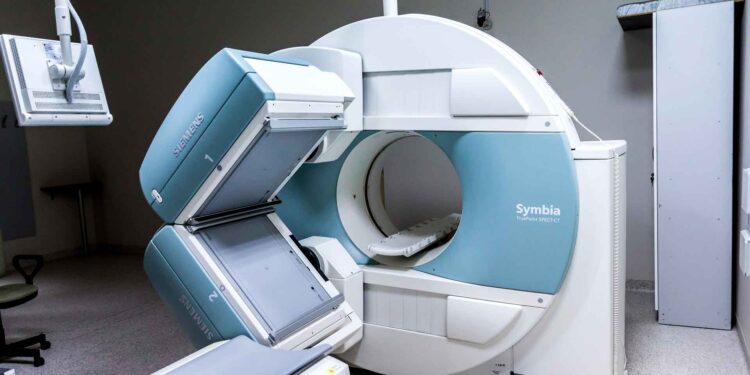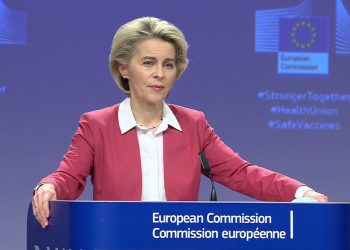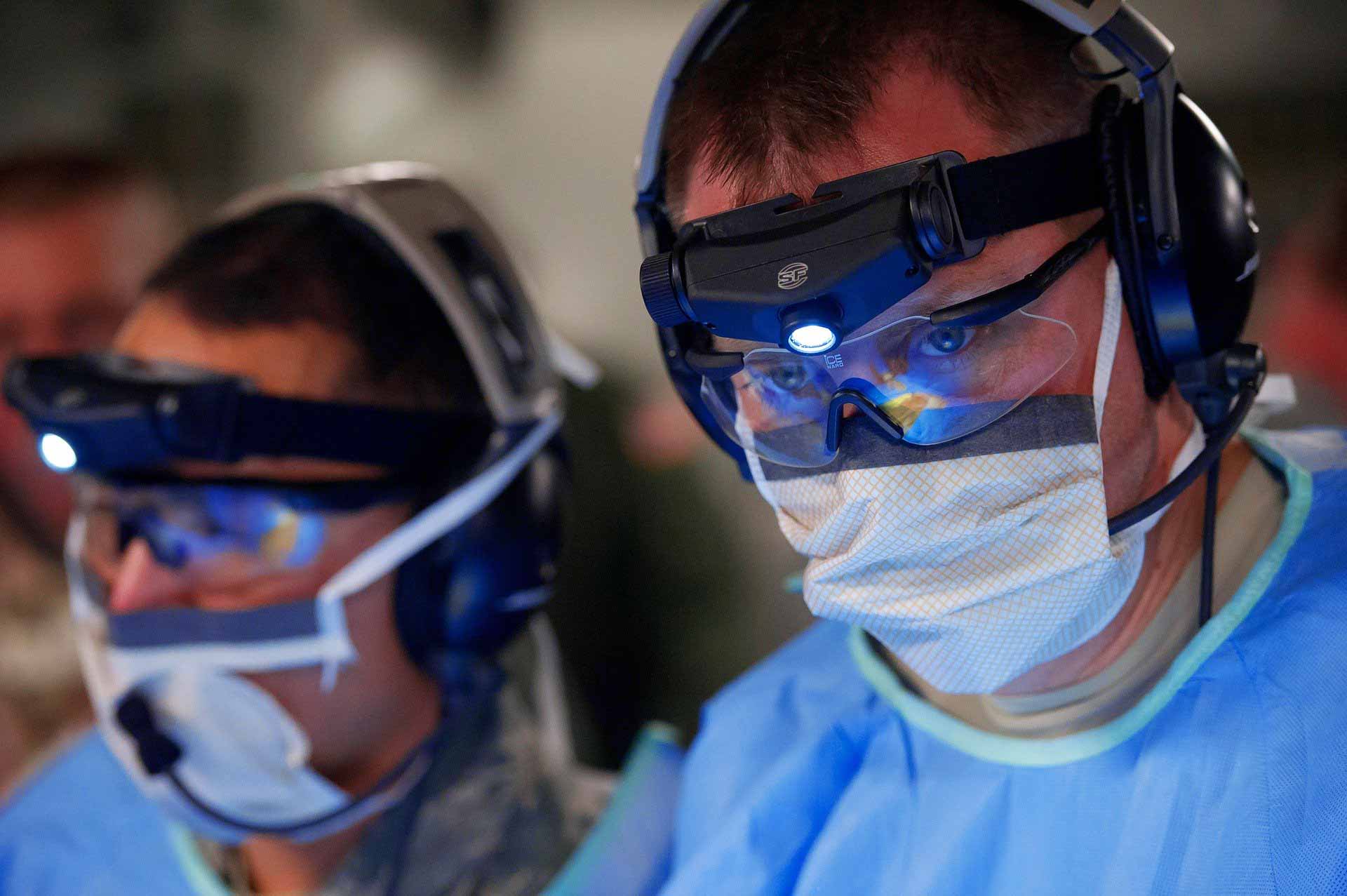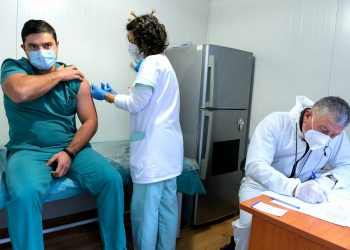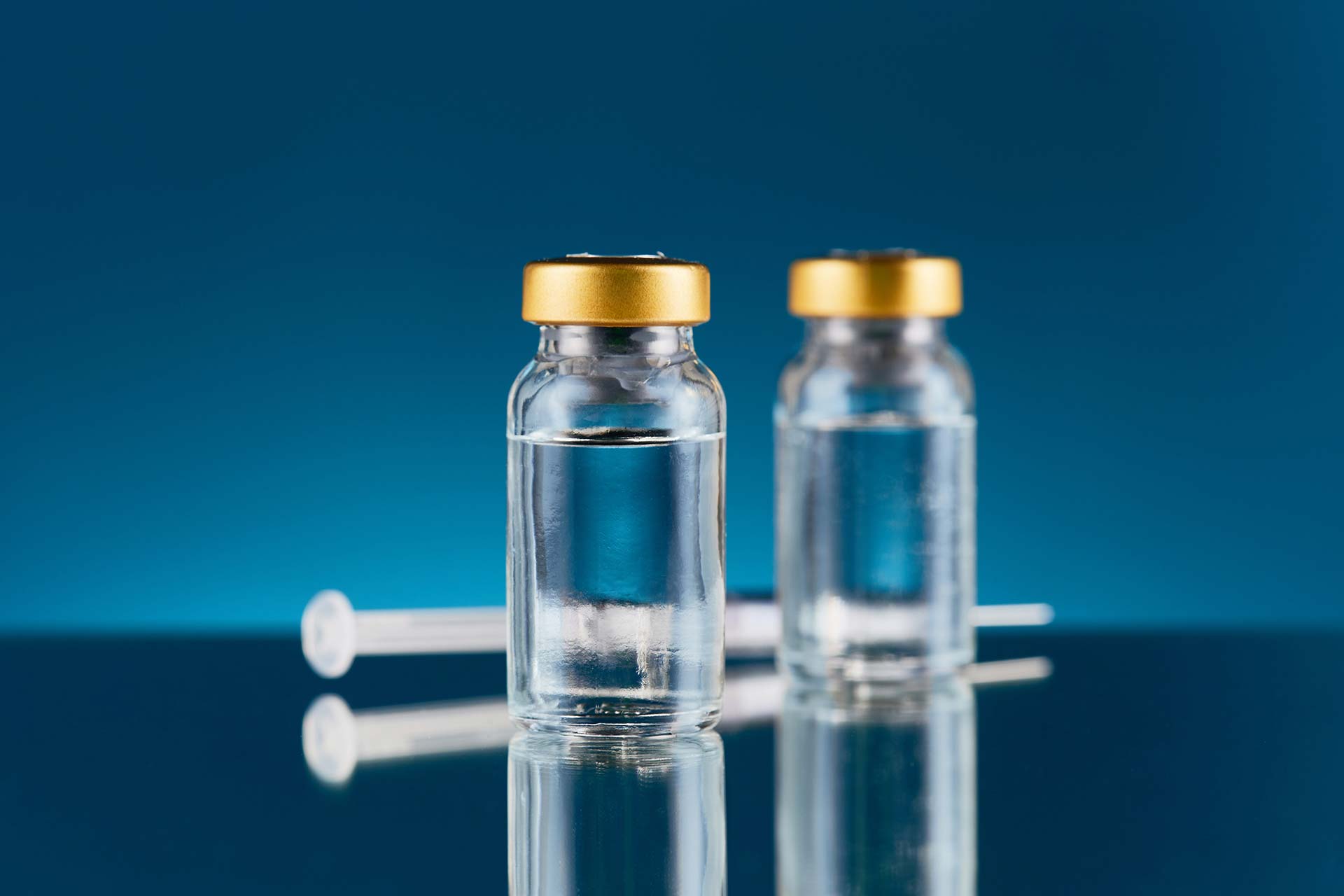Fighting cancer is one of the EU’s health priorities and World Cancer Day on 4 February is a global initiative to raise awareness and increase action. Research and innovation on cancer has always been one of the EU’s health priorities.
World Cancer Day
An international awareness day led by the Union for International Cancer Control (UICC) to raise worldwide attention and inspire action for a cancer-free future. World Cancer Day, every February 4, is the global uniting initiative led by the Union for International Cancer Control (UICC).
Each year, hundreds of activities and events take place around the world, gathering communities, organisations and individuals in schools, businesses, hospitals, marketplaces, parks, community halls, places of worship—in the streets and online—acting as a powerful reminder that we all have a role to play in reducing the global impact of cancer.
EU cancer statistics
Three million people were newly diagnosed with cancer and 1.4 million people died from cancer in the EU in 2018. This makes cancer the second leading cause of mortality after cardiovascular diseases. In many EU countries, it is the number one cause of death for people aged 45 to 64. However, innovative treatment and better access to care means many Europeans now survive longer after being diagnosed with cancer.Cancer cases
- By 2035, the number of cancer cases could be doubled
- An estimated 40% of the population will face cancer at some point in their lives
- There are more than 200 types of cancer
Without conclusive action, by 2035 cancer cases are estimated to increase by almost 25%, making it the leading cause of death in the EU. Moreover, the COVID-19 pandemic has had a severe effect on cancer care, disrupting treatment, delaying diagnosis and vaccination, and affecting access to medicines.
EU measures to fight cancer
Cancer can affect everyone, at any age. Polish MEP Janina Ochojska (EPP), who is being treated for breast cancer, sees it this way: “This is something that somehow connects Europe. Because together we fight something that affects everyone. Nobody is excluded from this lottery.”
The EU is investing in various activities such as research projects, clinical trials and training programmes.
About 40% of cancers are preventable
The EU also complements member states’ efforts by:
- making it easier to cooperate and share information
- adopting legislation to address risk factors (such as tobacco, carcinogens or pesticides)
- running awareness rising campaigns
Parliament’s Special Committee on Beating Cancer started work in September 2020 and is looking at:
- Measures for tobacco control, reducing obesity, alcohol use, air pollution etc.
- How to support research where a common EU approach is needed
- Ways to support non-profit clinical trials
- How to facilitate the transparency of treatment prices to improve the affordability and accessibility
Marking World Cancer Day, the committee invited health experts to discuss the impact of Covid-19 and other health threats on cancer care and research and launched the survey for cancer organisations to prepare better for future crises.
A new EU action plan
The European Commission unveiled the Europe Beating Cancer Plan to address cancer related inequalities between EU countries and help improve prevention and care 3 February 2020.
In 2020, 2.7 million people in the European Union were diagnosed with the disease, and another 1.3 million people lost their lives to it.
Europe’s Beating Cancer Plan is a key pillar of the European Health Union, presented by President Ursula von der Leyen in November 2020, calling for a more secure, resilient and better-prepared European Union.
The EU has been working on cancer for decades. Its actions, particularly on tobacco control and protection from hazardous substances, have saved and extended many lives. However, the last comprehensive European action plan against cancer dates from the early 1990’s and cancer treatment has seen major progress since then, notably via support to research and development (R&D) financed by the EU budget.

